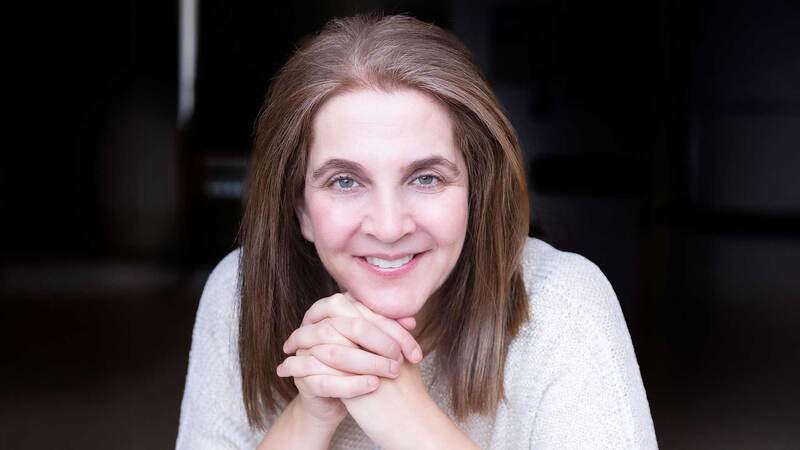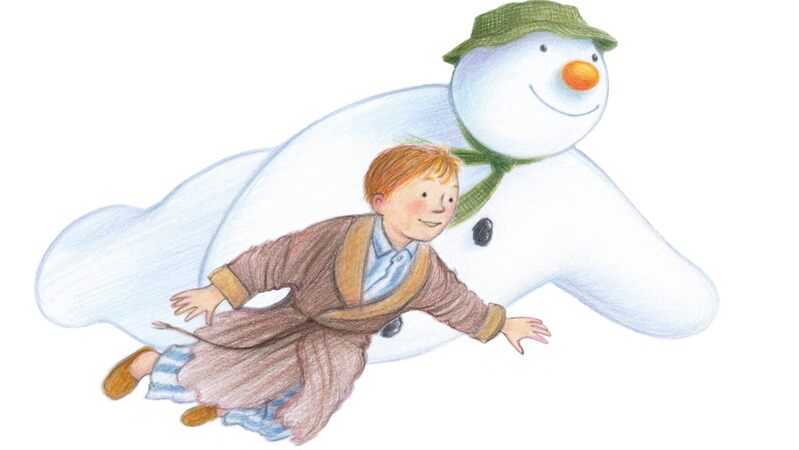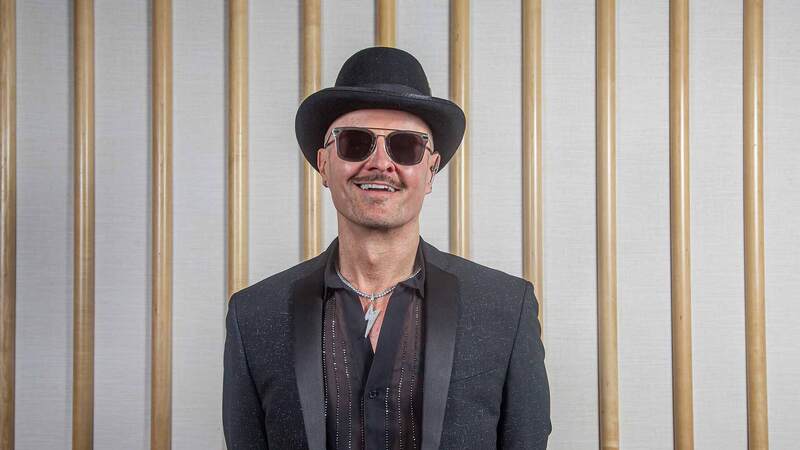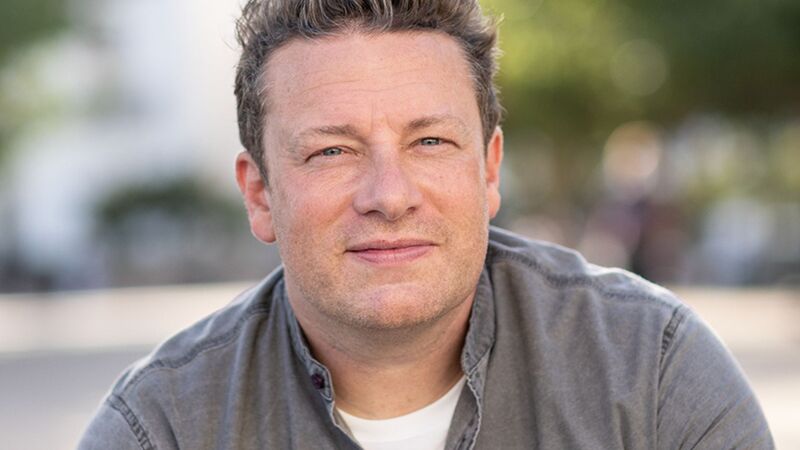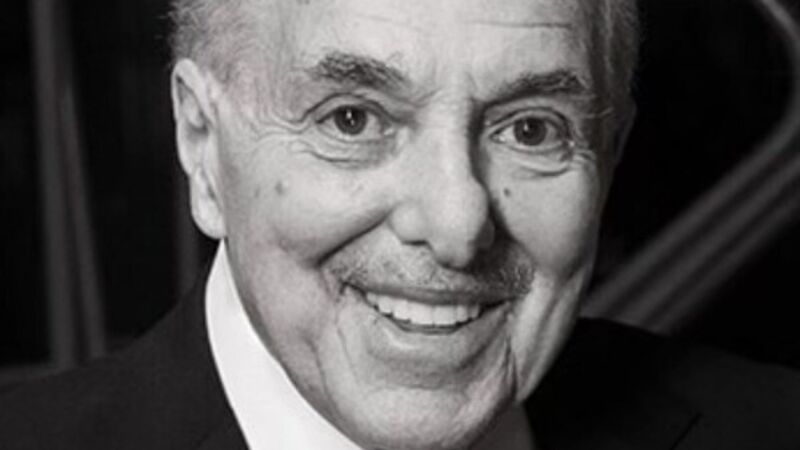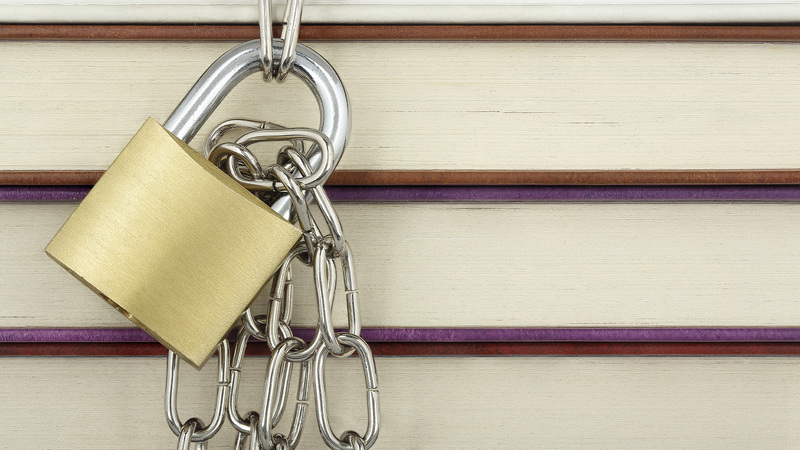You are viewing your 1 free article this month. Login to read more articles.
US authors join ferment over Trump victory
High-profile US novelists have slammed Trump in a series of statements reflecting on his election win published on the PEN America website.
Writer Claire Messud, author of The Woman Upstairs (Virago), said Trump's election was not just an American crisis but a global one. "The depth of our society’s misogyny shocks, although perhaps it shouldn’t," said Messeud. "Americans have chosen the least qualified candidate—and the most openly sexist—in history, over the most qualified one." She continued, "This is not just an American crisis: it’s a global one. From the Brexit vote to the rise of Marine LePen’s Front National and other far-right parties across Europe, dark forces are on the march. This looks more like the 1930s than one would wish."
Aleksandr Hemon, author of The Making of Zombie Warshave (Picador), didn't mince words, calling Trump "a racist and a psychopath". He further said it was "the end of America as a liberal democracy, maybe of America itself".
"Not only is Trump a racist and a psychopath—he ran on the platform of racism and psychopathy. This was not an impediment for him, but an advantage. What carried him to victory is a sense in the white population that this election might be their last chance to retain its historically privileged position of majority. Vacuous in and of himself, Trump is the vessel for his constituency’s anger, which made white nationalism the central political platform for the Republicans," said Hemon.
He added: "To maintain control, the Republicans will have to enhance and retain the system of white supremacy, for which manufacturing and exploiting internal and external enemies will be useful—that means violence and war. The election of Trump is the end of America as a liberal democracy, maybe of America itself. This is no longer a viable country."
Author Walter Mosley, author of Charcoal Joe (W&N), condemned Democrats for putting up "blinders of superiority" on Trump's constituency in "a world that had changed currency". "This election should have been a wake-up call from the beginning but instead the parties, pundits, and aged political leaders thought that things were primarily the same and that they could control the outcomes as they had done in past," he said.
Mosley urged people of all political persuasions to come together now. "This morning, in the blinding light of a harsh reality, we finally have the chance to jettison the past and to make the alliances between the unlikely bedfellows of the Red and the Blue. I doubt if the in-coming administration will make change, but I’m sure that we the people have the mind and the heart and the vote to do so," he wrote.
The authors are among hundreds of writers, including 10 Pulitzer winners, to speak out against Trump in an open letter to the American people, published in May, stating “unequivocal” opposition to Donald Trump’s presidency “as a matter of conscience”.
However, in September, 125 scholars and writers declared their support for Trump. Among these were Bill Bennett, former Secretary of Education, author of America: The Last, Best Hope (Thomas Nelson) and Maureen Mullarkey, writer for web magazine The Federalist. Although he didn't sign the list, another supporter of Trump is author Scott Adams, creator of the "Dilbert" comic strip, according to the LA Times.
PEN America issued a statement following Donald Trump's election to the presidency this week, responding to fears he poses a threat to a free press.
Trump said in February he wanted to "open up" libel laws to make it easier to sue journalists and newspapers. He argued there was currently "no chance of winning" when purposely negative and horrible and false articles were published "because they [the press] are totally protected".
PEN executive director Suzanne Nossel, who has worked with Hillary Clinton in the US State department, spoke out on Wednesday (9th November) about PEN's role in protecting freedom of expression. She said, reported by PW: "This morning opens a new chapter in American history. PEN America stands ready to play our essential role of defending free expression, elevating marginalized voices, and fostering dialogue across boundaries here at home and around the world."
"We have our work cut out for us," she added.
Members of the US book trade have already been urging the industry to remember the powerful role books play in promoting unity and understanding.
Trump's election could also have ramifications in the college education market. John J Cheslock, director of the Center for the Study of Higher Education and associate professor of education at Pennsylvania State University, told Inside Higher Ed: "What is going to get cut is discretionary spending. Where does higher education get its money? It gets its money from discretionary spending.” There is also speculation as to what a loss of tuition revenue from international students could mean for the market.
Read Gayle Feldman's opinion piece on the Trump victory here.





